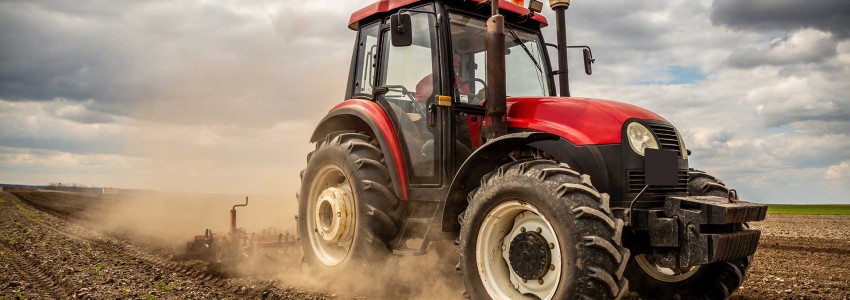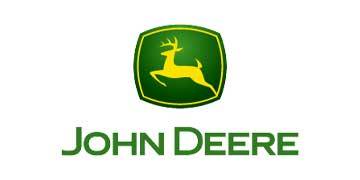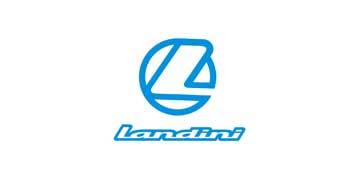Why Does the Tractor Clutch System Slip and How to Prevent It?
Tractors play a significant role in agricultural activities, ensuring smooth operations in the field. However, the tractor’s performance is not only dependent on its powerful engine and sturdy structure but also on an effective clutch system. The clutch system regulates the transmission of power, managing gear shifts and the engine's operation. Over time, the clutch system can start to slip for various reasons, which can seriously affect the tractor's performance.
What is Clutch Slippage?
Clutch slippage occurs when the clutch system fails to transmit engine power to the wheels properly. This issue arises when the clutch cannot fully engage or loses its grip. Slippage may cause the engine to rev up without the tractor gaining speed. Moreover, if the clutch pedal is not adjusted correctly, the slippage becomes more pronounced.
Causes of Clutch Slippage
There are several causes of clutch slippage, and they can be resolved by addressing the following issues:
Worn Clutch Disc
The clutch disc is one of the most essential parts of the clutch system and is constantly exposed to friction. Over time, the surface of the clutch disc can wear out, preventing the clutch from engaging properly. A worn clutch disc can lead to slippage because the disc cannot provide sufficient friction.
Regularly inspect the clutch disc for wear and replace it if necessary. To prolong the life of the clutch disc, avoid overloading and ensure proper usage.
Temperature Rise and Overheating
Excessive heating of the clutch system can cause slippage. Overheating negatively affects the performance of the clutch disc and other components. This usually occurs when the clutch is held in a half-engaged position for prolonged periods.
Avoid operating the tractor under heavy loads for extended periods and refrain from keeping the clutch in a half-engaged position unnecessarily. If you notice signs of overheating, have the clutch checked and, if necessary, review the cooling system.
Incorrect Clutch Pedal Adjustment
If the clutch pedal is not adjusted properly, it can prevent the clutch from engaging fully, causing slippage. A pedal that is set too high or too low may hinder proper clutch engagement.
Check the clutch pedal free play and ensure it is set according to factory specifications. Refer to the owner’s manual or consult a professional to adjust the pedal correctly.
Dirty or Oily Clutch System
Dirt, oil, or other contaminants accumulated in the clutch system can reduce its efficiency and cause slippage by lowering the friction factor.
Regularly clean the clutch system and use appropriate cleaners to remove dirt and oil residues. Make sure that the clutch disc and pressure plates are clean.
Faulty Clutch Pressure Bearing
The clutch pressure bearing is a crucial component ensuring proper clutch operation. If the bearing malfunctions or does not work correctly, it can cause slippage.
Regularly inspect the clutch pressure bearing. If you hear any unusual sounds or squeaks, this may indicate a problem with the bearing. Consult a professional to replace a faulty bearing.
Incorrect Clutch Settings and Installation
Incorrect installation or settings of the clutch system can impair its efficiency and lead to slippage. Improper installation prevents the clutch from transmitting engine power correctly.
Regularly check the installation and settings of the clutch system. Any misalignment or errors should be corrected immediately. Ensure that the clutch system is installed and adjusted properly.
By taking the preventive measures mentioned above, you can maintain the tractor’s optimal performance and avoid costly breakdowns due to clutch system failures.






















